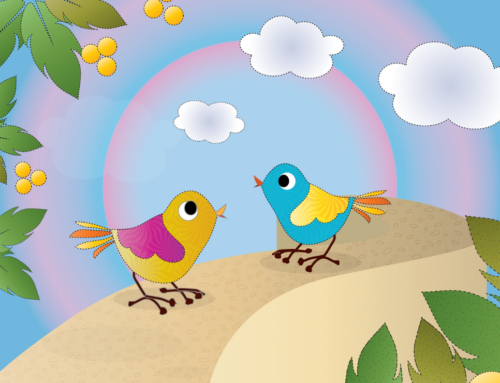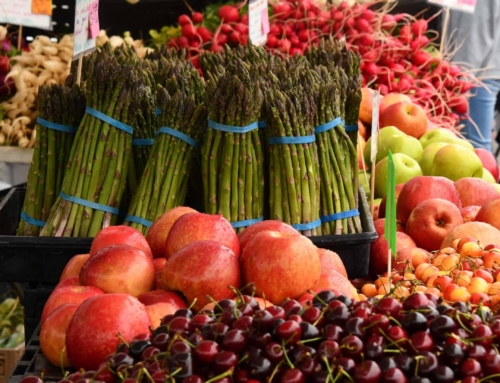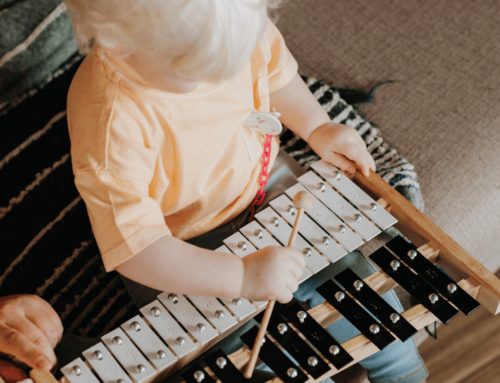Although World Kindness Day has past, it’s always the perfect opportunity to reflect on the importance of kindness and sharing in the early years. At Happy Journeys, we believe that fostering kindness from a young age plays a vital role in shaping a child’s emotional, social, and cognitive development.
Understanding kindness in early childhood
Kindness is one of the first social values children begin to understand. It forms the foundation of empathy, cooperation and friendship. When children experience kindness, whether it’s being comforted when they’re upset or having someone share a toy, they begin to internalise what it feels like to care and be cared for.
These early experiences help children recognise emotions in themselves and others, building their ability to connect and form healthy relationships. Developing empathy through acts of kindness also enhances a child’s emotional intelligence, setting them up for stronger communication and problem-solving skills later in life.
The role of sharing in developing empathy
Learning to share is not always easy for young children. In the early years, children are naturally self-focused and understanding the concept of fairness takes time. However, by gently encouraging sharing, through play, group activities and positive role modelling, children learn that sharing brings joy to both the giver and the receiver.
Sharing teaches patience, cooperation, and respect. It also helps children navigate social settings more confidently, as they begin to understand the balance between their own needs and those of others. These moments, though simple, are powerful opportunities for emotional growth.
Creating an environment that nurtures kindness
At our nursery in Hendon, our educators understand that children learn best through example and experience. We integrate kindness and sharing into our daily routines and activities to help these values become part of everyday life.
Our approach includes group games that require teamwork and turn-taking, stories that highlight the importance of compassion and discussions that help children reflect on how their actions affect others. By modelling kindness in our interactions, with both children and colleagues, we show that respect and empathy are part of a positive learning community.
The long-term impact of kindness
When children learn to be kind, they develop a sense of belonging and self-worth. These feelings contribute to emotional stability and resilience, helping children navigate challenges with confidence and understanding.
Kindness also creates a ripple effect. Children who experience and express kindness often inspire the same behaviour in others, fostering a nurturing and supportive environment for everyone around them. By prioritising kindness in early education, we help shape future adults who value cooperation, empathy and connection.






